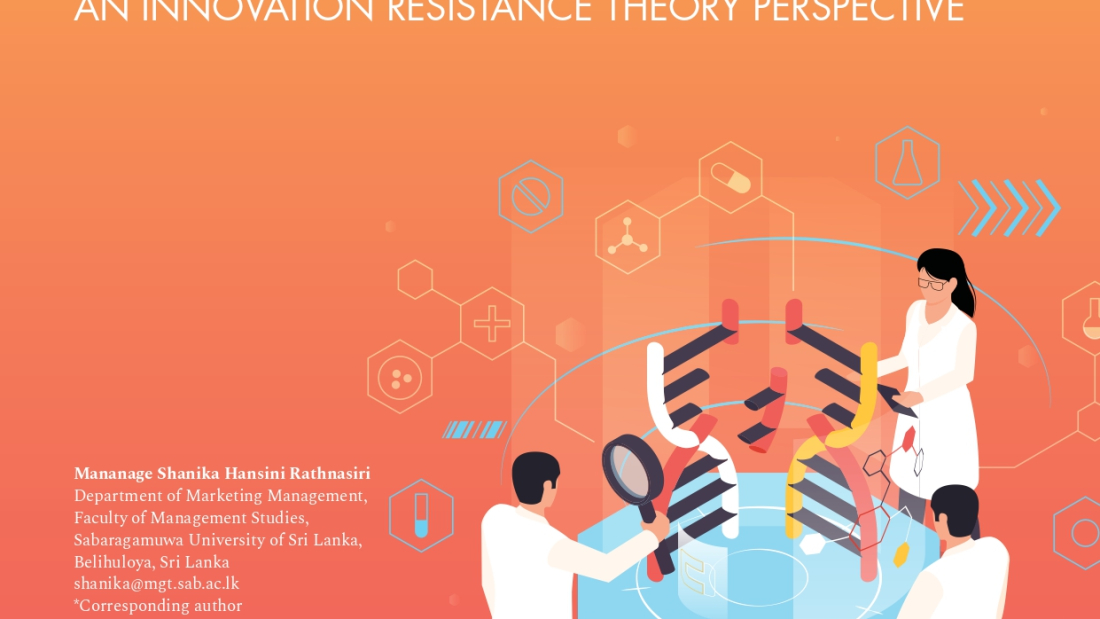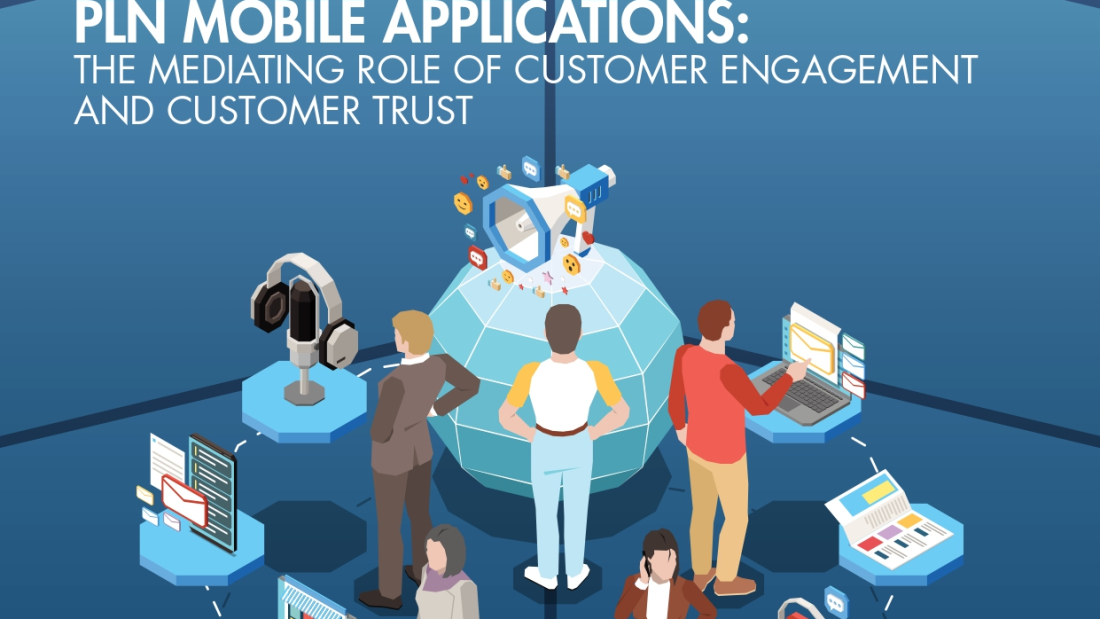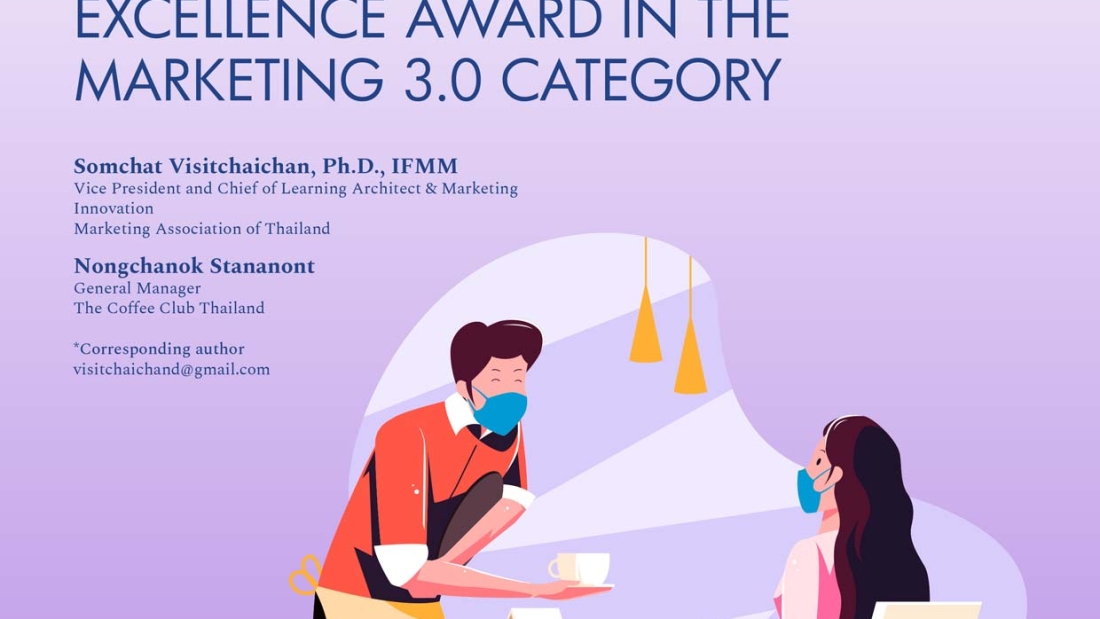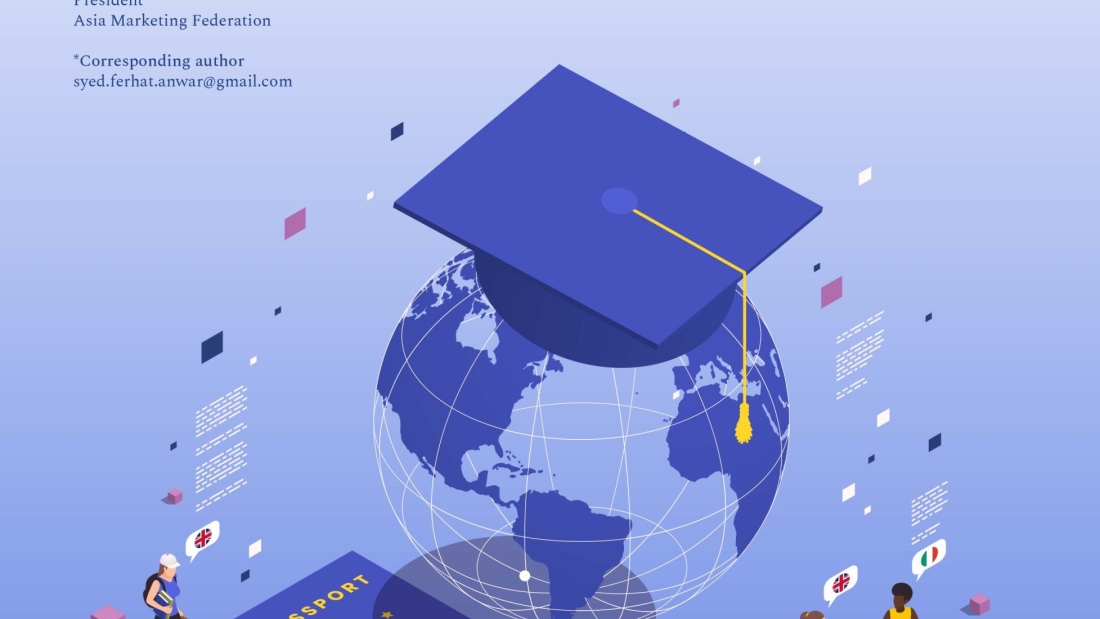Generation Alpha — born from 2010 onwards — is the first generation to grow up entirely in a digital-first world, shaping family purchase decisions and redefining brand engagement from an early age. Drawing on a recent Bangladesh Brand Forum survey, this article explores how children in Bangladesh are influencing choices in food, gadgets, toys, and entertainment while seeking belonging, participation, and recognition beyond conventional marketing approaches. It highlights the need for brands to move from selling to involving, tailoring strategies by age group, earning parents’ trust through safety and education, and blending digital experiences with offline rewards. Case examples from Bangladesh and global brands illustrate how participation creates ownership and loyalty. The article concludes by proposing new measures of impact that go beyond clicks and views, urging Bangladeshi brands to treat children as co-creators and trusted stakeholders in a rapidly evolving consumer landscape.
Generating Revisits: A Case Of Sports Tourism, Sri Lanka
Tourism can be classified into four categories according to their needs and reasons for traveling. Business and professional tourists, leisure and holiday tourists, tourists traveling to visit friends and relatives (VFR), youth tourists, including the backpackers and gap year travelers. Leisure and holiday tourists can be divided into sub-segments: sport, recreation and adventure tourists, and leisure tourists (Grzywacz & Żegleń, 2014). Today sport and active recreation have become very large and successful industries worldwide. Sports tourism has become one of the fastest-growing tourism niches.
Minor Food Group:Pioneering Responsiblemarketing-Preneur Andwinning the Asia Marketingexcellence Award in Themarketing 3.0 Category
This article explores Minor Food Group’s journey toward winning the prestigious 2024 Asia Marketing Excellence Award in the “Marketing 3.0” category, awarded by the Asia Marketing Federation (AMF). Drawing on personal experiences as the head of the jury, the author delves into Minor Food Group’s “Responsible Marketing-Preneur” mindset, which integrates customer-focused innovation, socio-economic and environmental responsibility, and people empowerment. Through strategies such as digital transformation, product innovation, sustainability initiatives, and leadership development, Minor Food Group has set new industry standards across Asia’s food service sector. The article also highlights key achievements, including the company’s response during the COVID-19 pandemic, community engagement through the Pizza Company Book Club, and its commitment to sustainability through local sourcing and reducing plastic waste. Minor Food Group’s success serves as a model for businesses seeking to balance profit with positive societal impact, demonstrating that responsible marketing can drive both business growth and meaningful change…
Epistle on Democratization Of Knowledge Under Globalization: Engaging AMF
This article is based on observation and experience of the author. The purpose of this article is to promote sharing of knowledge rather than keeping knowl- edge in silos. The article purports, that this be undertaken by the member nations of AMF to build the repository of knowl- edge of Asia Marketing Federation (AMF) through blending of local and global knowledge and ensuring effective dissem- ination. The article further stresses on globalization of knowledge rather than focusing on creation of silos. The impor- tance of appropriate use of technology to drive effective dissemination and thus, democratization is emphasized. The article provides a guideline for the leader- ship of AMF to ensure creation of a better world, where one can breathe peace and cherish the real meaning of humanity, through proper democratization and globalization of knowledge.










